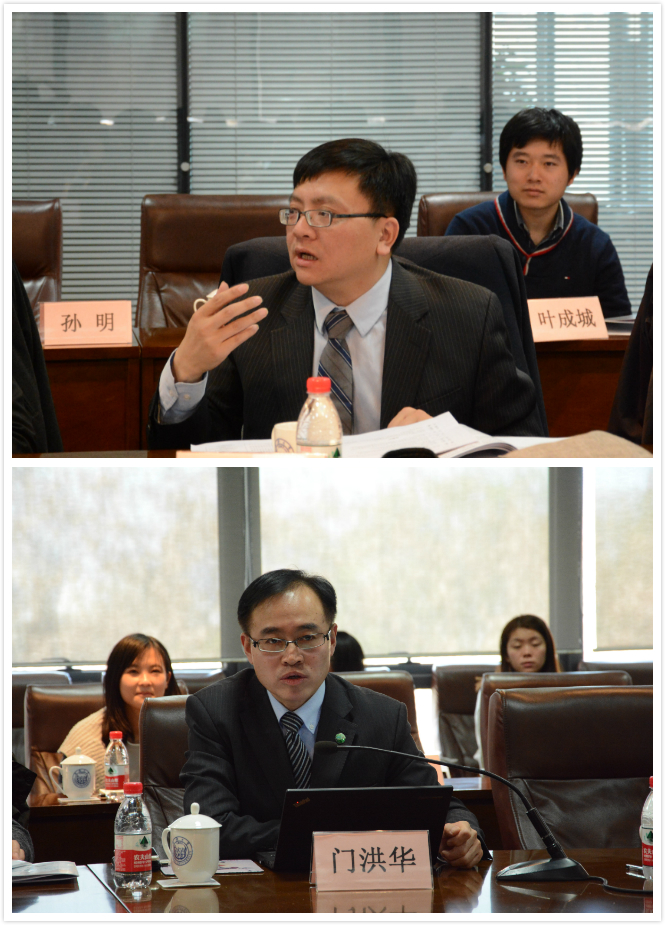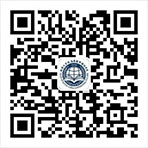
Led by the Institute for China & World Studies of Tongji University, and co-hosted by the Institute for China & World Studies, the School of Political Science & International Relations (SPSIR), the Human Resources Office and the Foreign Affairs Office of Tongji University, the 1st Global Emerging Scholar Summit & International Seminar on “China and the World from an Interdisciplinary Perspective” was grandly held at Siping Campus of Tongji University on December 18-19, 2017. More than 30 emerging scholars from more than 20 prestigious universities and research institutions in 11 countries including the United States, Japan, Australia, Britain, Canada, Colombia, South Korea, Malaysia, Singapore, Germany and China attended the meeting and had exciting discussions around the theme of “China and the World”.
The opening ceremony was moderated by Tongji Distinguished Professor Men Honghua, President of the Institute for China & World Studies and Dean of SPSIR. Ma Jinming, Deputy Secretary of the Party Committee of Tongji University, and Prof. Yang Chao, Director of the Talents Office of Tongji University, attended the opening ceremony and delivered speeches. Ma extended a warm welcome to the participants and spoke highly of the theme. She pointed out that the theme of "China and the World" can mirror the current development situation and research needs. The participants from different disciplines were expected to provide rounded research findings on this meaningful and challenging theme with a multi-perspective and omni-directional approach. This seminar was positioned as a summit for emerging scholars. As we know, “The country will rise if young people are rising, and the country will be strong if young people are strong.” The development of a country relies on the growth of its young people. As the most energetic group, young people should take on the important tasks of the times. China’s development and its interaction with the world should be guided by innovative thinking. Ma expected this summit to become a high-end academic platform to help Tongji grow into a first-class university and develop first-class disciplines.
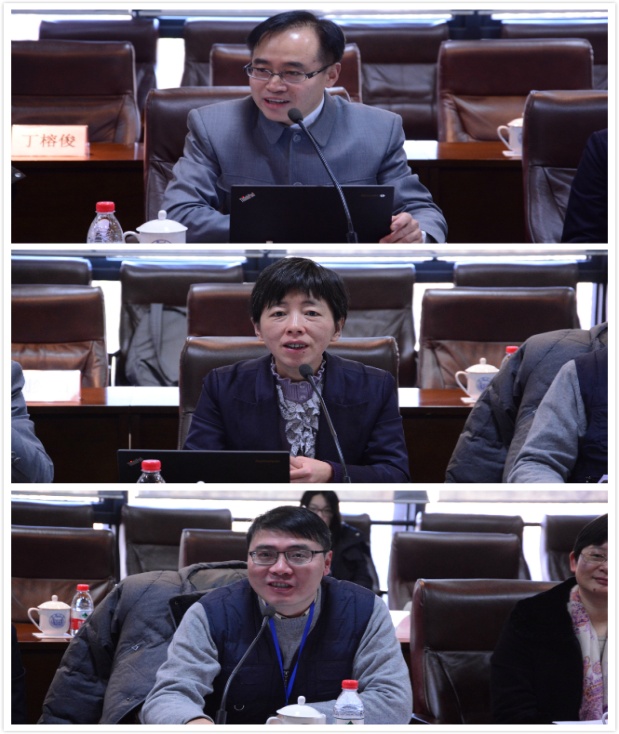
After the opening ceremony, the participants took a group photo in front of the Yifu Building.
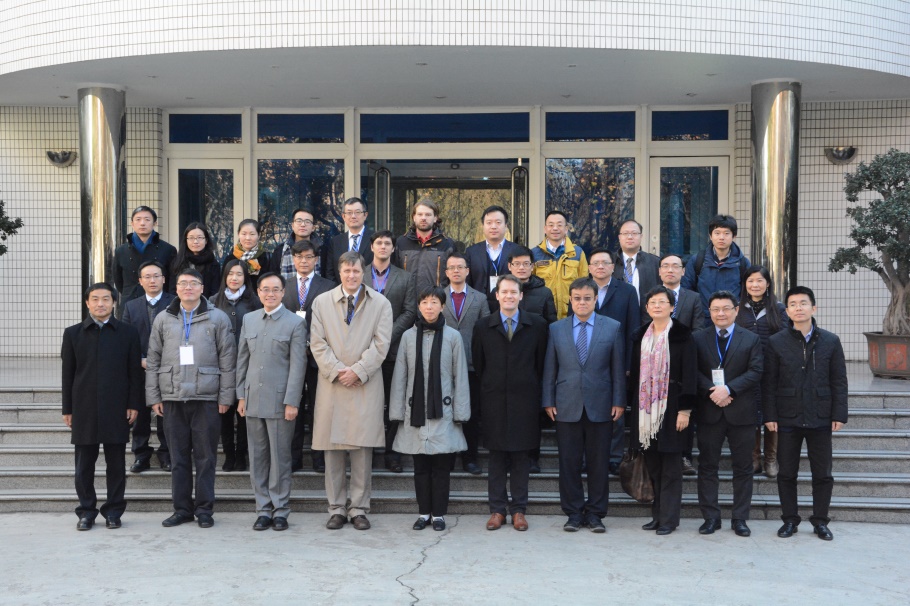
According to the agenda set by the organizing committee, the participants delivered insightful and pioneering keynote speeches and had an intense academic debate on several major issues in seven sessions that lasted for one and a half day.
With the theme of "China and the International Order", the first session was moderated by Prof. Men Honghua. Associate Professor Gregory Moore, Head of the School of International Studies at the University of Nottingham Ningbo China (UNNC), and Prof. Sun Xuefeng, Executive Deputy Dean of the Institute of International Relations at Tsinghua University commented on this session.
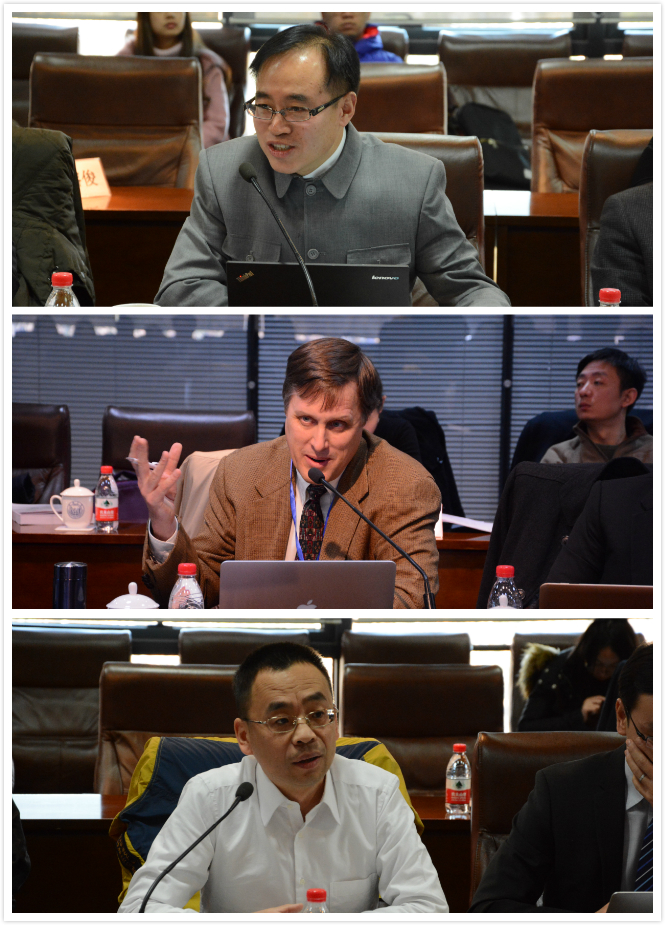
He Kai, a professor of International Relations at Griffith Asia Institute (GAI), Griffith University, Australia, reflected on the relationship between China and the international order from the perspective of conceptual analysis. He put forward many dimensions to analyze the international order in the Asia-Pacific region, and concluded that China's challenge to the international order is more uncertain and difficult than generally believed, taking into account the order in the Asia-Pacific region and China's foreign policy,
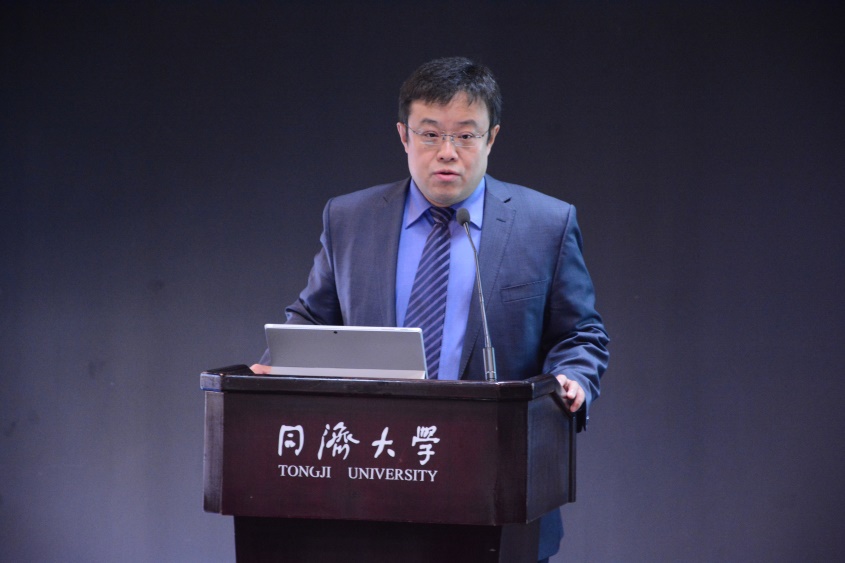
Huang Qixuan, an associate professor at the School of International and Public Affairs at Shanghai Jiao Tong University discussed, via audio link, the development of China and the world in the post-crisis era with the topic of "Another World Is Possible". Manjari Chatterjee Miller, an associate professor of International Relations at the Frederick S. Pardee School of Global Studies at Boston University, analyzed the differences between China and India in their vision for the international order.
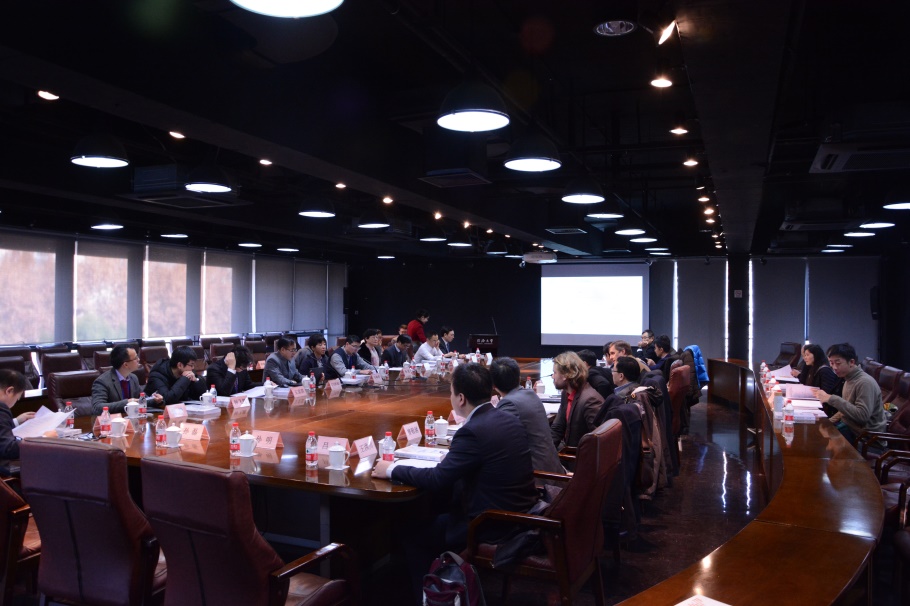
The second session with the theme of "China and Global Governance" was moderated by Wang Jingbin, a professor at the Department of Economics of Osaka Sangyo University, Dean of the School of Management and the International Business School of Tianjin University of Technology, and a visiting fellow at the Institute for Advanced Liberal Studies of Tongji University. Pu Xiaoyu, an assistant professor of Political Science at the University of Nevada, and Prof. Wang Cungang, Associate Dean of SPSIR, commented on this session.
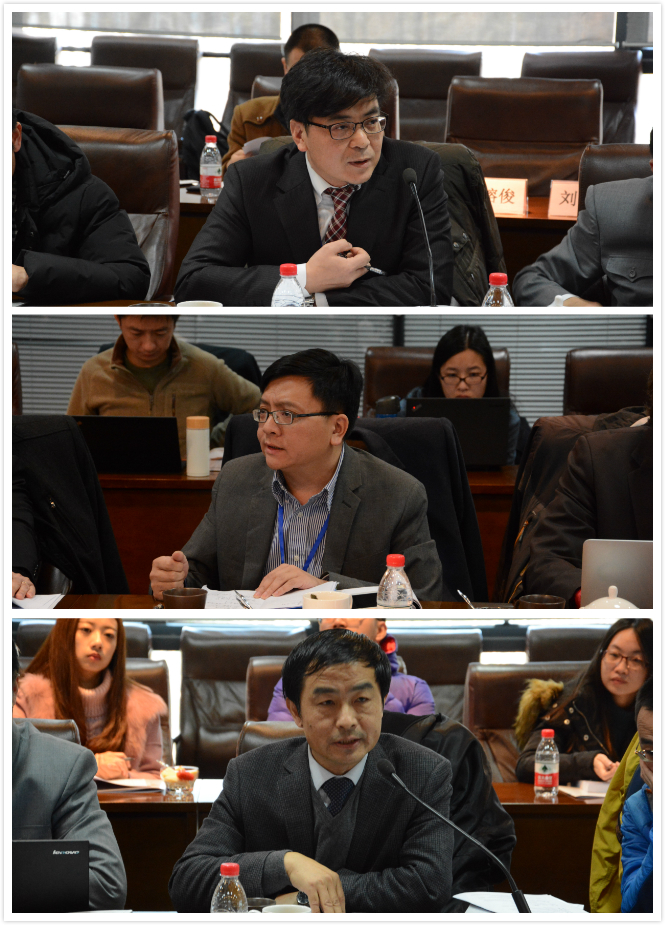
From the history and theory of China’s response to the global governance crisis, Prof. Men Honghua discussed China’s measures to cope with the crisis of global governance, as well as China's historic mission in the new era of globalization.
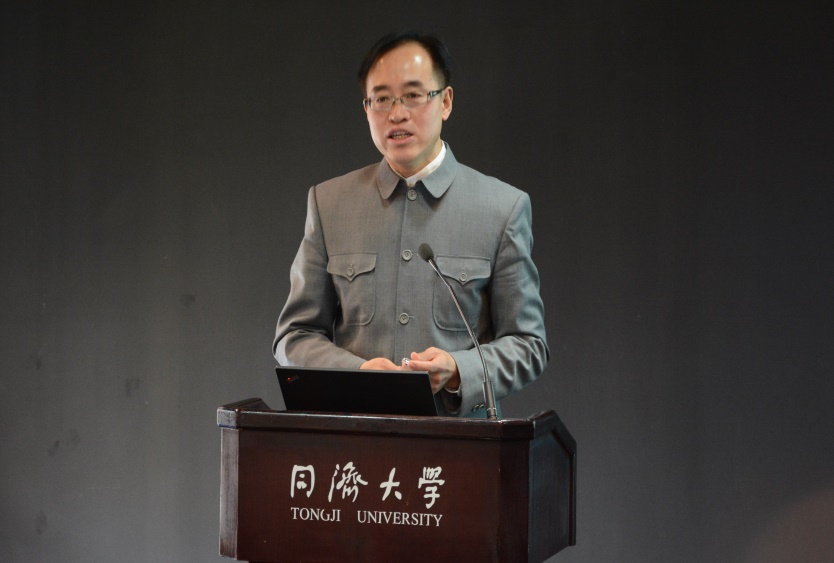
In his speech "Crossing the Kindleberger Trap", Associate Professor Li Wei from the School of International Studies at Renmin University of China discussed China's new role in the era of economic chaos.
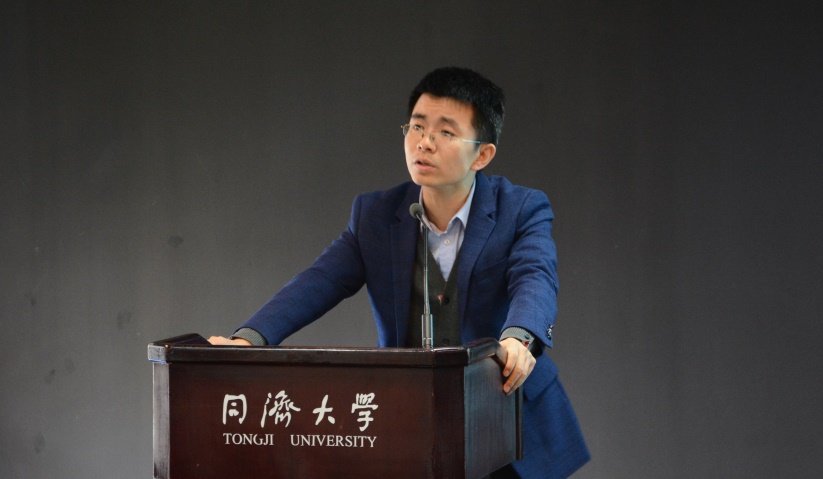
The third session themed "China's Peripheral Diplomacy" was moderated by Prof. Wang Cungang, Associate Dean of SPSIR, and commented by Prof. He Kai from GAI of Griffith University, and Li Xiaojun, an assistant professor of Political Science at the University of British Columbia, Canada.
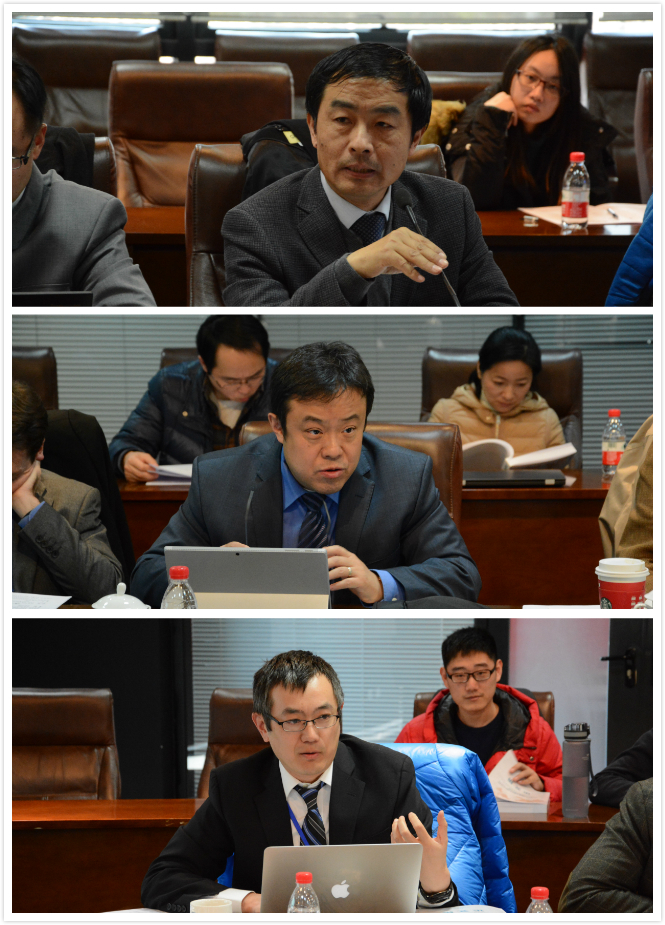
Prof. Sun Xuefeng, Executive Deputy Dean of the Institute of International Relations at Tsinghua University, analyzed major powers’ grand diplomatic strategies in establishing partnerships in the post-Cold War era in his speech "Security Dependency, Strategic Threats, and Changes in Partnerships".
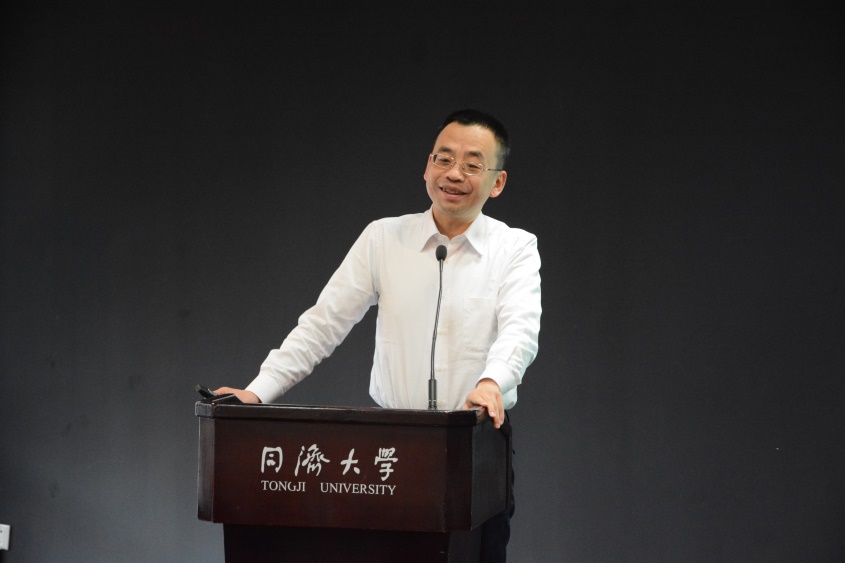
Researcher Zhong Feiteng, Head of the Department of Great Power Relations Studies at the National Institute of International Strategy, the Chinese Academy of Social Sciences (NIIS CASS), called for returning to China-centric research approach in his speech entitled "Development-Based Security and Rebuilding China's Peripheral Order ".
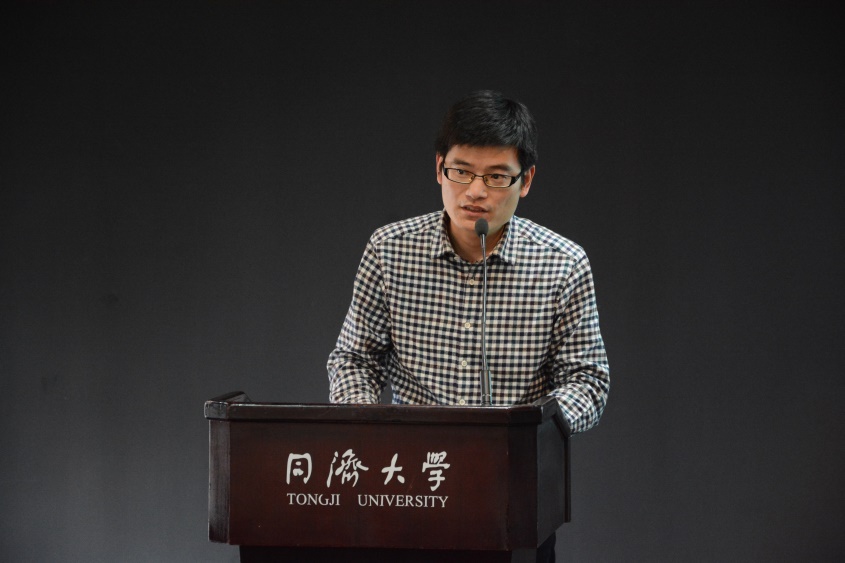
Prof. Liu Feng, deputy dean of the Zhou Enlai School of Government at Nankai University, analyzed the transformation of the East Asian order in his speech untitled "China, the United States and the East Asian Order in Transformation: from an Economic-Security Perspective".
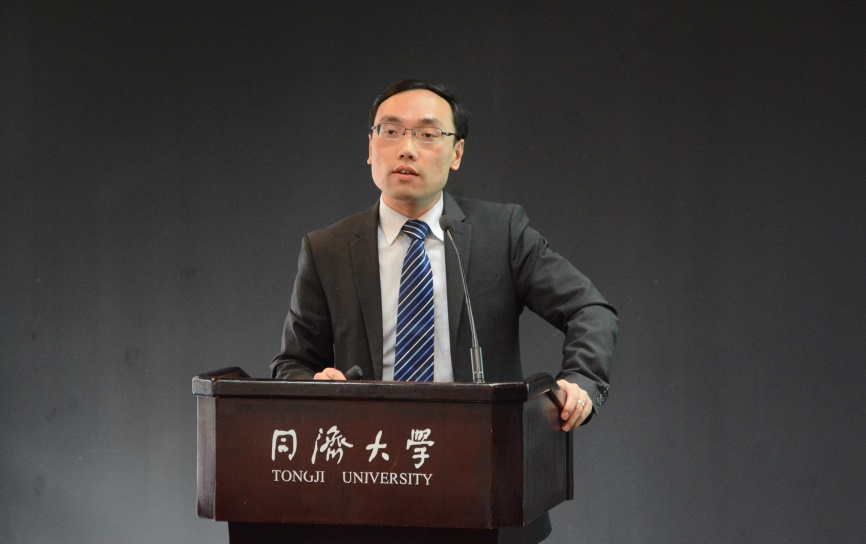
Still themed "China's Peripheral Diplomacy", the fourth session was moderated by Associate Professor Zhong Zhenming, assistant to the dean of SPSIR, and commented by Professor Liu Feng, deputy dean of the Zhou Enlai School of Government at Nankai University, and Associate Professor Li Wei from the School of International Studies at Renmin University of China.
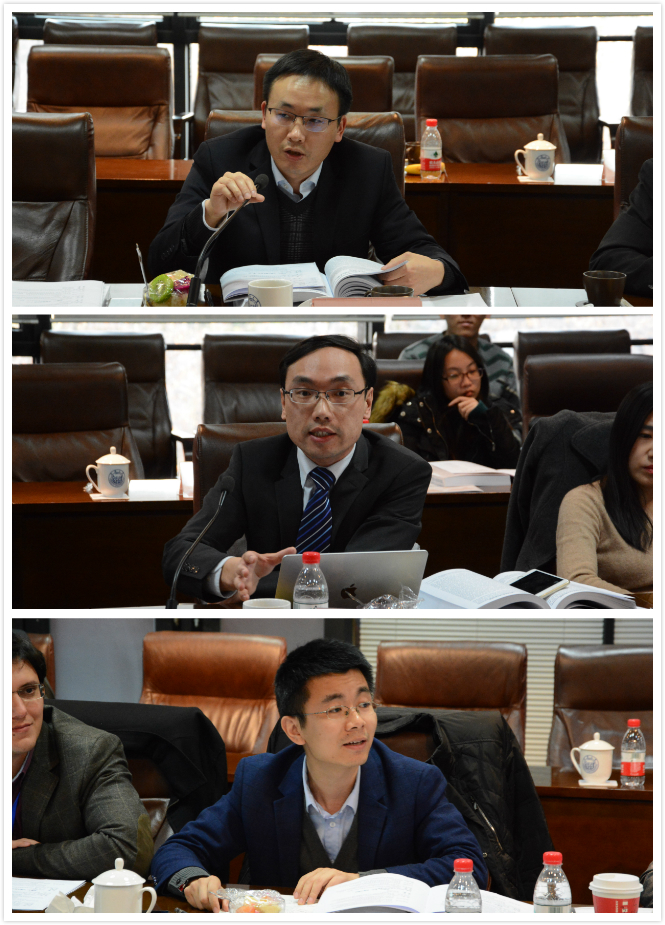
Zhang Feng, a research fellow at the Australian National University and an adjunct professor at the National Institute for South China Sea, tried to answer the question of whether China has a strategy for the South China Sea through interviews with Chinese policy makers, key elites and analysts, and explained the changes in China’s South China Sea policy from 2009 to 2016.
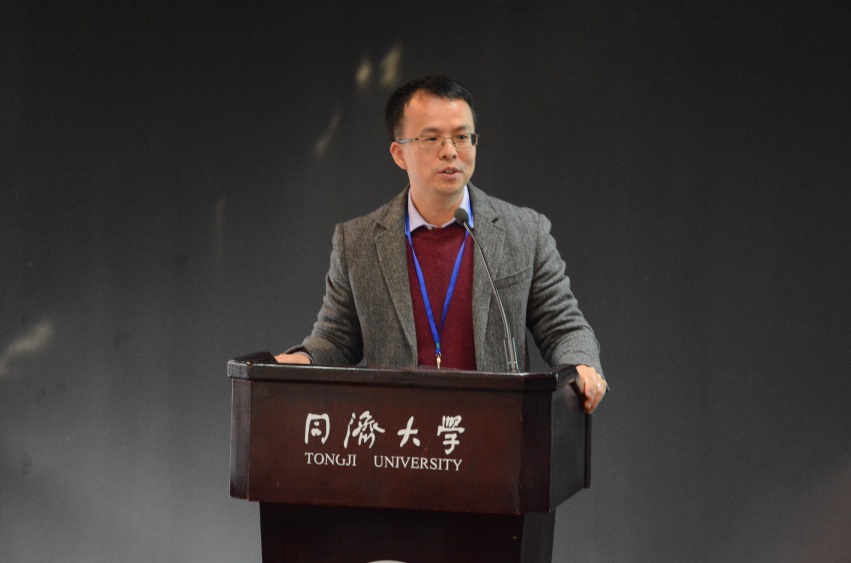
John Delury, an associate professor at Yonsei University Graduate School of International Studies (GSIS) had a historical examination of China’s role in North Korea’s security and diplomacy from the angle of the three generations of regime in North Korea. From North Korea’s perspective, China has only played a limited role in security assurance, diplomatic coordination, and communication between Pyongyang and other countries, Delury believed.
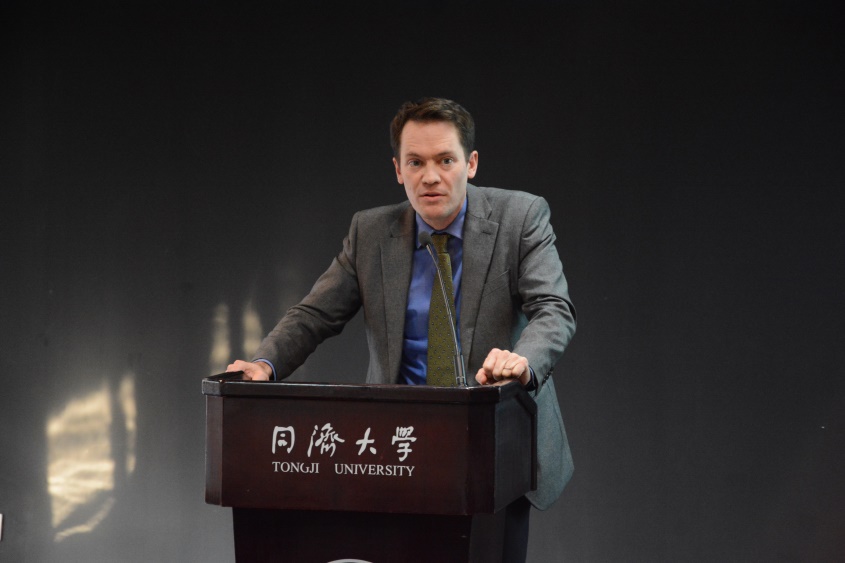
Kuik Cheng-Chwee, an associate professor at the National University of Malaysia (UKM), explained the reasons for weak countries to adopt “hedging” strategies.
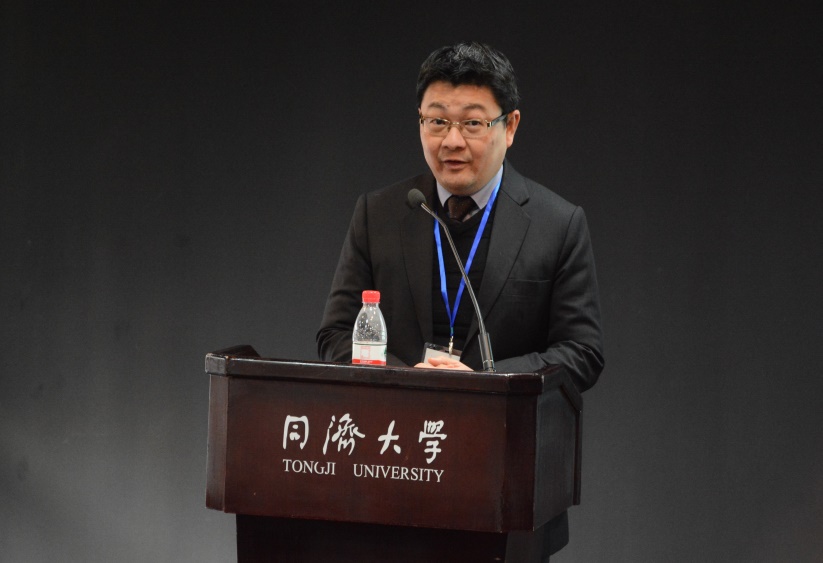
The fifth session themed "China's Major Country Diplomacy and the Belt and Road Initiative" was moderated by He Kai, and commented by Kuik Cheng-Chwee and Zhong Feiteng.
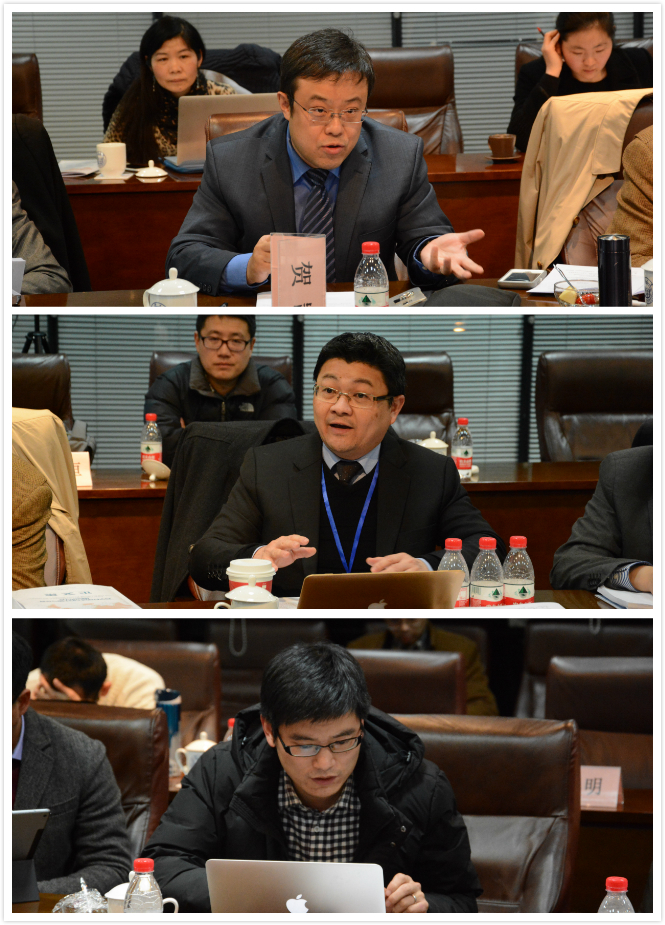
Dr. Alexander Korolev, a research fellow at the Centre on Asia and Globalisation, Lee Kuan Yew School of Public Policy, National University of Singapore, gave a speech entitled "A Trinity of Power, Interest and Threat: The Systemic Reasons for the China-Russia Strategic Agreement after the Cold War". He reviewed the development of China-Russia military mutual trust and cooperation from the perspective of China's relations with other major powers, especially Russia.
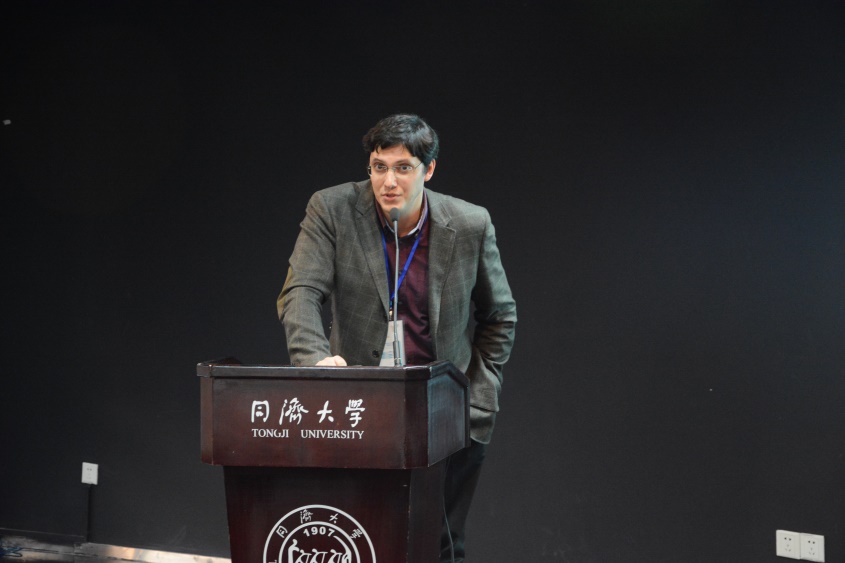
In his speech entitled "China, the United States and Russia: balance of power or national confidence", Associate Professor Gregory Moore, Head of the School of International Studies at UNNC, put forward thought-provoking hypotheses on the strategic relationship among China, the United States and Russia, for instance, whether the two of three will stand against the third, or a troika will be formed, or each of them will implement self-interest policies based on national confidence.
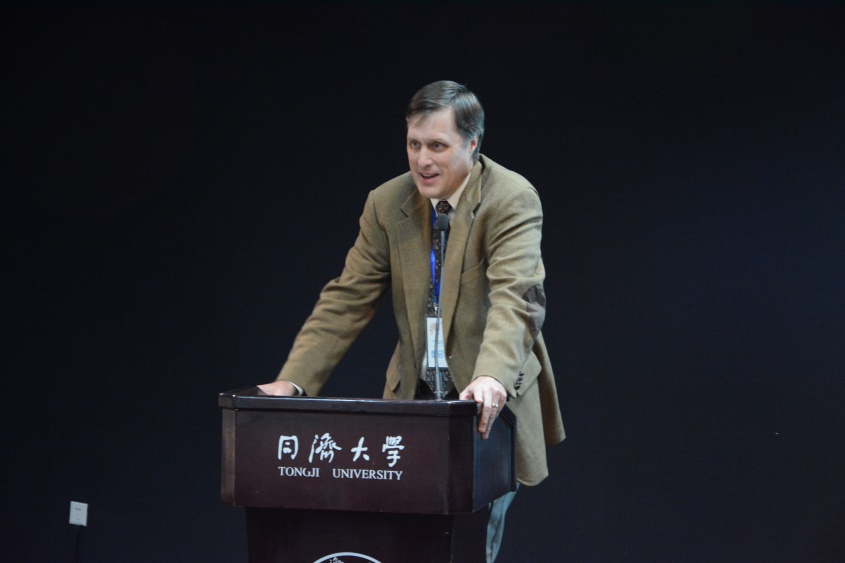
Dr. Xiaojun Li, an assistant professor of Political Science at UBC, gave a speech entitled "To Participate or Not? How Do Chinese Companies Regard The Belt and Road Initiative".
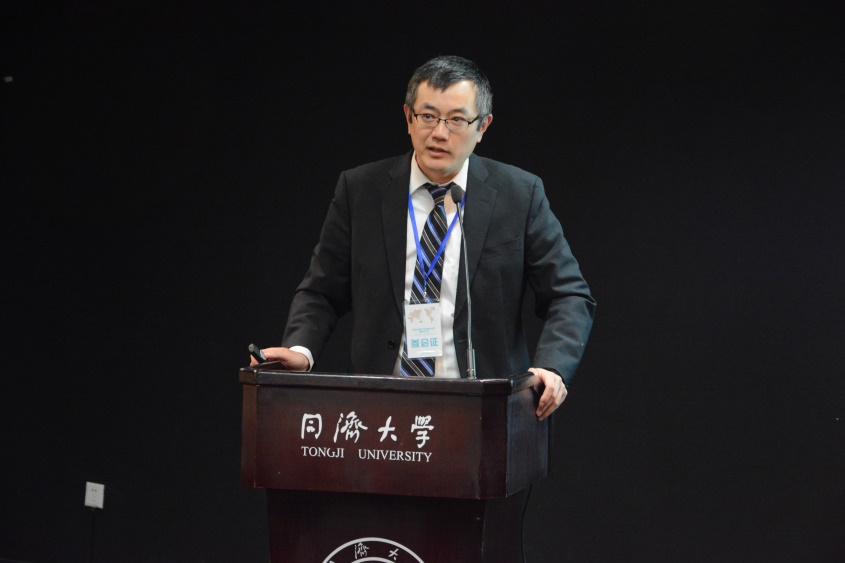
Zeng Jinghan, a senior lecturer at Royal Holloway, University of London, shared his views in his speech entitled “The Belt and Road Initiative from the Domestic Political Perspective”.
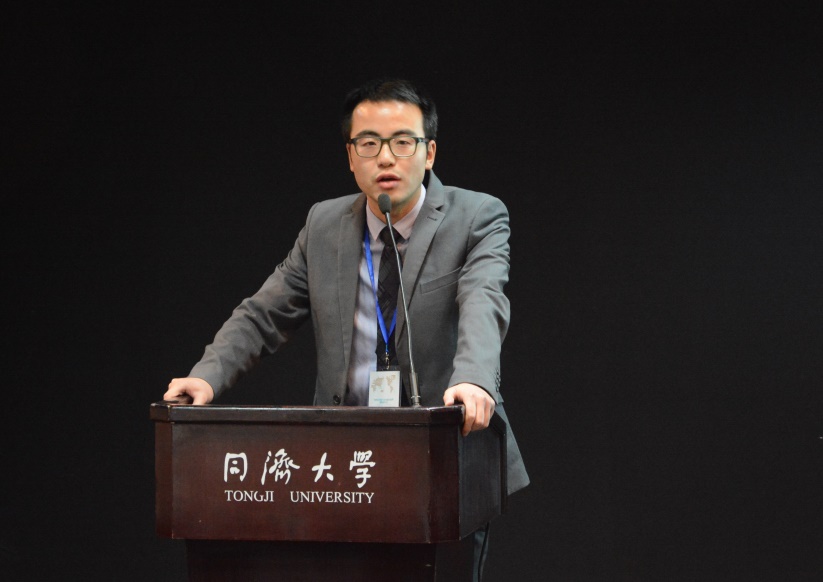
The sixth session themed "Culture, Governance and Strategy" was moderated by Prof. Kuik Cheng-Chwee, and commented by Prof. Men Honghua and Prof. Wang Jingbin.
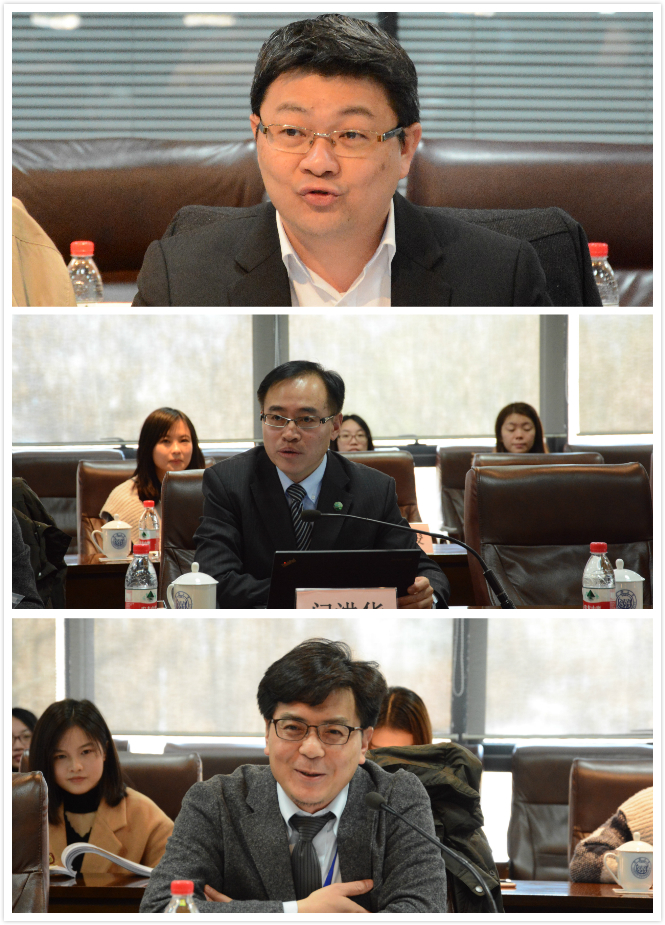
In her speech entitled "The Kingly Way & Tian Xia and Global Governance: On the Confucian Political Tradition and the Building of a New International Order", Sun Lei, an associate professor at SPSIR, explored the inspiration of the concept of “Kingly Way & Tian Xia” for a new world political order.
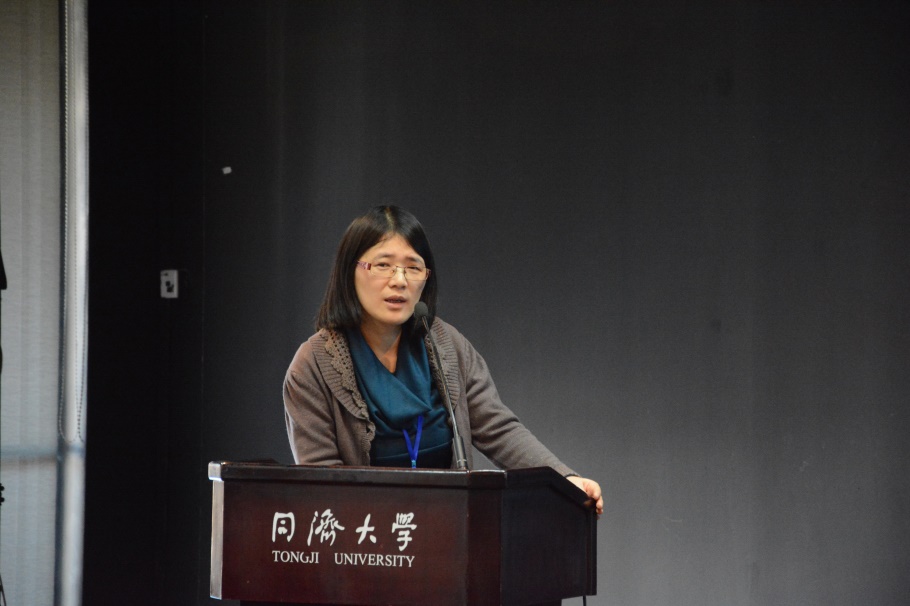
Wang Hongchuan, a postdoc fellow at the Institute for Contemporary China Studies, Tsinghua University, proposed that China has embarked on a new journey from a big country to a world power, and is actively building a grand strategy for developing China into a strong country in the new era, centered on “leading, innovating and planning” (leading the world, innovating ourselves, and planning for the future).
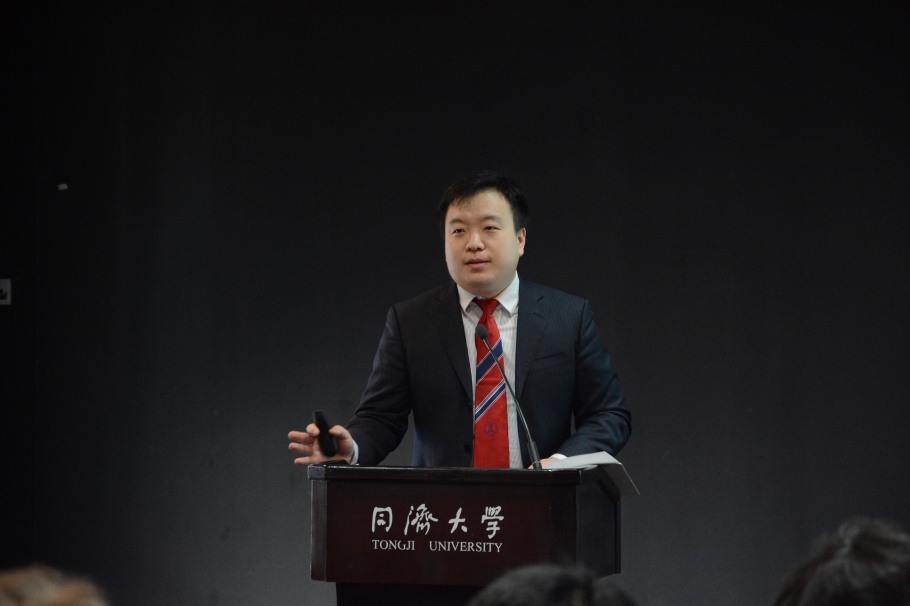
Benjamin Creutzfeldt, an associate professor at the International Management Center of Universidad de La Sabana and a postdoc fellow at Johns Hopkins University, used critical discourse analysis to review China’s foreign policy documents on Latin America and the important speeches made by Chinese leaders on Latin America issues, and introduced how Latin America reacted to China’s Latin American policy.
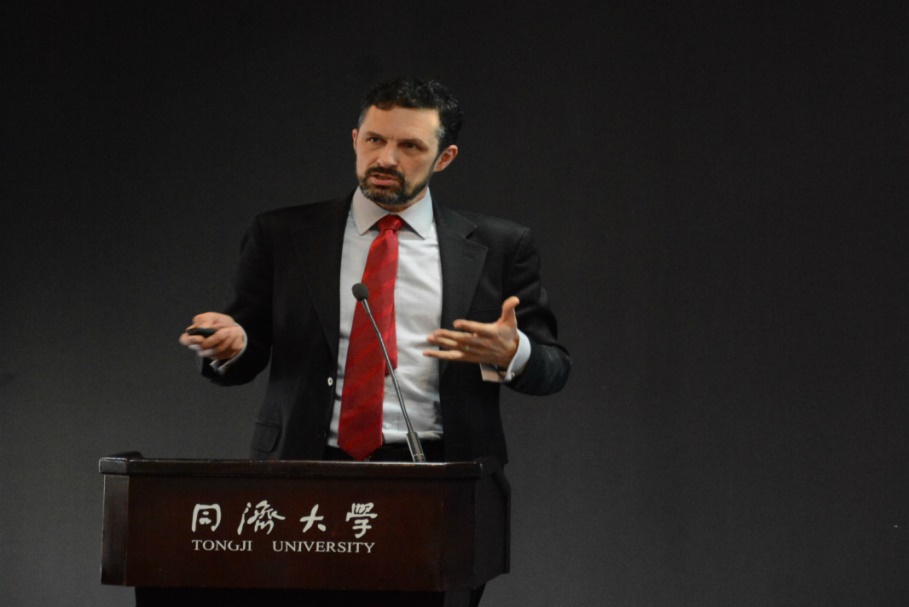
The seventh session themed "Chinese Diplomacy: History and Strategy" was moderated by Dr. Alexander Korolev, and commented by Associate Professor, International Management Center, Sabana University, Bogota, Colombia, United States Commented by Benjamin Creutzfeldt, a postdoctoral researcher at Hopkins University, and John Delury, an associate professor at Yonsei University GSIS.
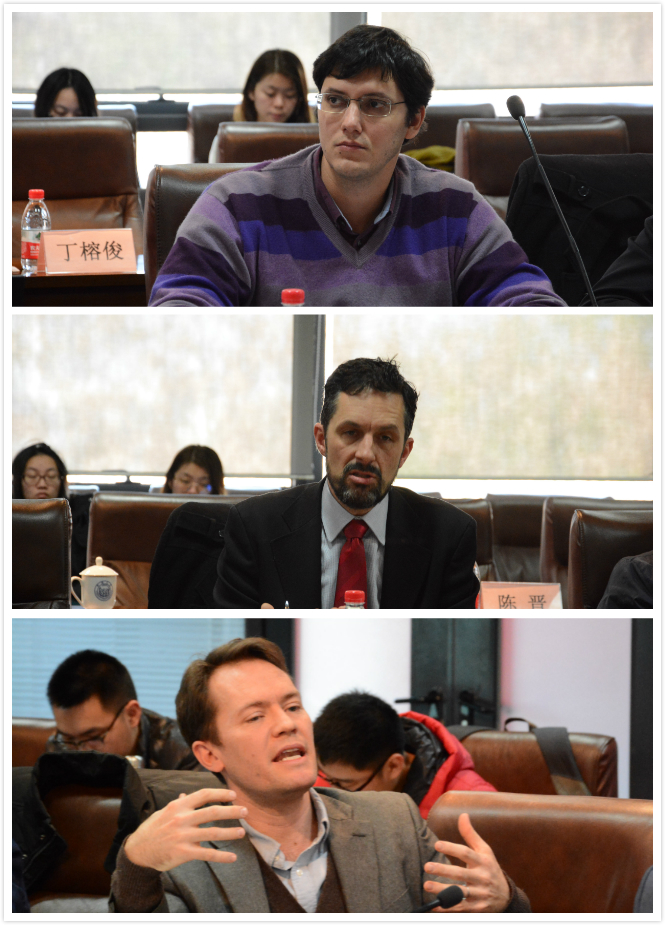
In his speech entitled "Return of History and China's New Foreign Policy", Maximilian Mayer, a fellow at the Center for German Studies at Tongji University, said that China's Belt and Road Initiative is a narrative full of ancient glory and history.
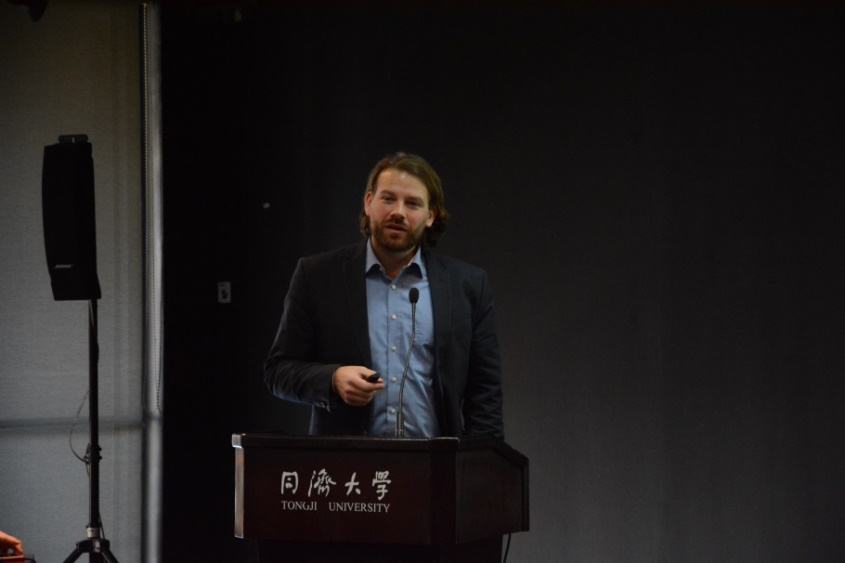
In his speech entitled "China's Argument Strategic Overdraft", Pu Xiaoyu, an assistant professor of Political Science at the University of Nevada, evaluated China's strategy from the three dimensions of goal, tool and time. In his opinion, how to design and prudently implement a grand strategy is a lasting challenge faced by the established and emerging world powers, and China in the new era is evidently pursuing a more aggressive foreign policy, which deserves our greater attention.
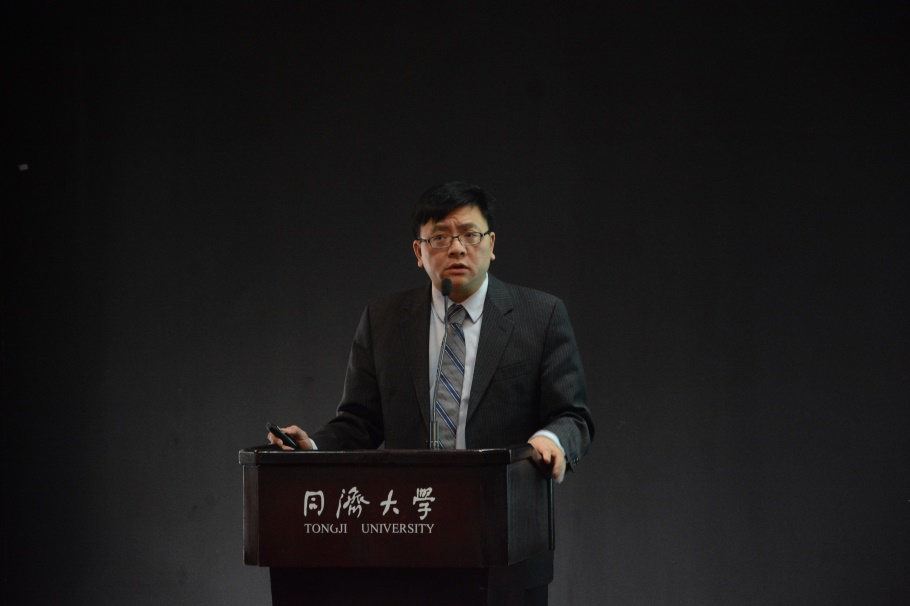
At the closing ceremony, moderated by Pu Xiaoyu, Dean Men Honghua gave a concluding speech. Men said that the 1.5-day summit discussed a variety of topics, from history, theory to reality, with a focus on the relationship between China and the world, as well as the theory and reality of China's diplomacy. More than 30 young scholars came all the way to Tongji to explore the interactive relationship between a rising China and the changing world, along with in-depth study and analysis of related major issues. In a lively and harmonious atmosphere, the scholars exchanged ideas, even some tit-for-tat views, despite different research interests and theoretical orientations. We were impressed by the charming interdisciplinary studies and by the emerging academic elites, enabling us to have a great ambition! The relationship between China and the world has been going through trials and hardships, as Tian Zhen sang "A rainbow always comes after the storm," as Wang Guozhen wrote "Since I have made up my mind going to a distant place, I will never be deterred by the wind and rain," and as Cheng Lin sang "Mountains are high, rivers are long, and roads are uneven. Let us go forward together. As the saying goes, the sunshine and rainbow sky comes after the rain". It is believed our academic discussions will not only deepen our understanding of related issues, but also help solve some problems. How lucky it was to talk and laugh with learned scholars! We look forward to meeting again to continue such discussions in the future!
